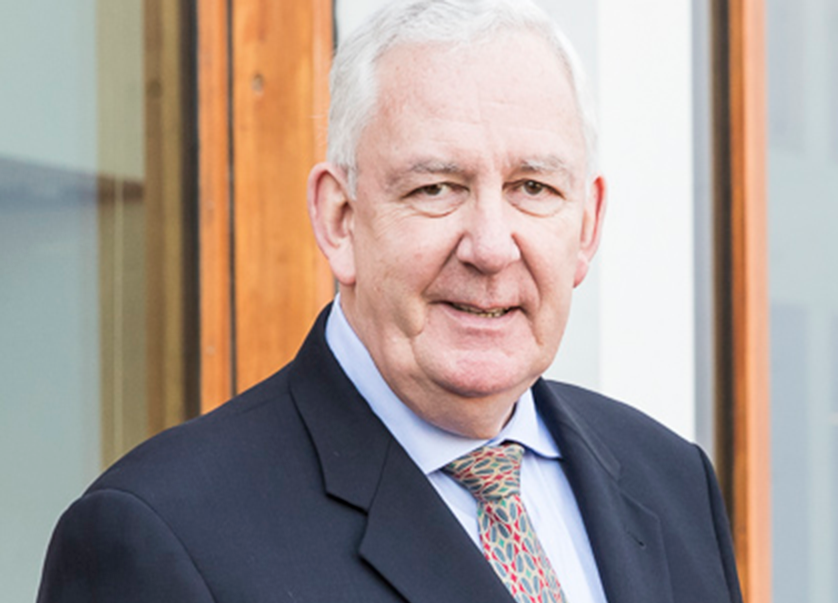HaemaLogiX to establish a research collaboration with Takeda
- Written by Christine Galasinao

Wednesday 4th July 2018: Australian immuno-oncology company HaemaLogiX has signed an agreement with Takeda Pharmaceutical Company Limited (“Takeda”) to work together on a research collaboration that may lead to the development of new treatments for patients with multiple myeloma. Takeda is one of the leading companies in the field of myeloma with two established treatments marketed globally.
The first step is an agreed pre-clinical research plan that will build on the existing HaemaLogiX understanding about the prevalence and characteristics of its novel target antigens on the surface of malignant myeloma cells. Research suggests these antigens may be an important target of new treatments for multiple myeloma in the future.
Myeloma is a blood cancer caused by malignant plasma cells, a type of white blood cell. Prior research has shown these cancer cells have specific antigens on their surface. These malignant plasma cells invade and expand in the bone marrow often in multiple areas of the body. Hence the disease is often called multiple myeloma.
Approximately 1,500 people in Australia are diagnosed with the disease each year1 and globally it is estimated that 86,000 people are diagnosed annually with the devastating disease2. It accounts for 15% of blood cancers and 1% of all cancers generally1. The recent introduction of new agents for the treatment of multiple myeloma are demonstrating promising clinical results and new treatment forms are under evaluation but a clinical need for new therapies remains.
HaemaLogiX is involved in an area of cancer research, immuno-oncology, that is generating excitement worldwide within the scientific and medical community. This collaboration aims to explore the application of HaemaLogiX’s novel antigens with different treatment forms. Both companies hope this may lead to the development of new and effective treatment options for patients with myeloma.
According to Bryce Carmine, Chairman and CEO of HaemaLogiX, “this new partnership will be the first step toward commercialisation of the company’s core technology with a global leader in the myeloma field. It would be terrific for HaemaLogiX, if this process leads to further steps in our collaboration in the future. For now, HaemaLogiX retains the full ability to pursue its antibodies in applications outside of the scope of this collaboration”.
The two phases of this collaboration – confirming and characterising these target antigens plus researching novel agents – are expected to take up to two years. The financial terms of this collaboration will not be disclosed at this time.
1. Cancer Council NSW. 2016. Myeloma. Available here: https://www.cancercouncil.com.
2. Becker, N et al. 2011. Epidemiology of multiple myeloma. Recent Results Cancer Res. 183:25-35













